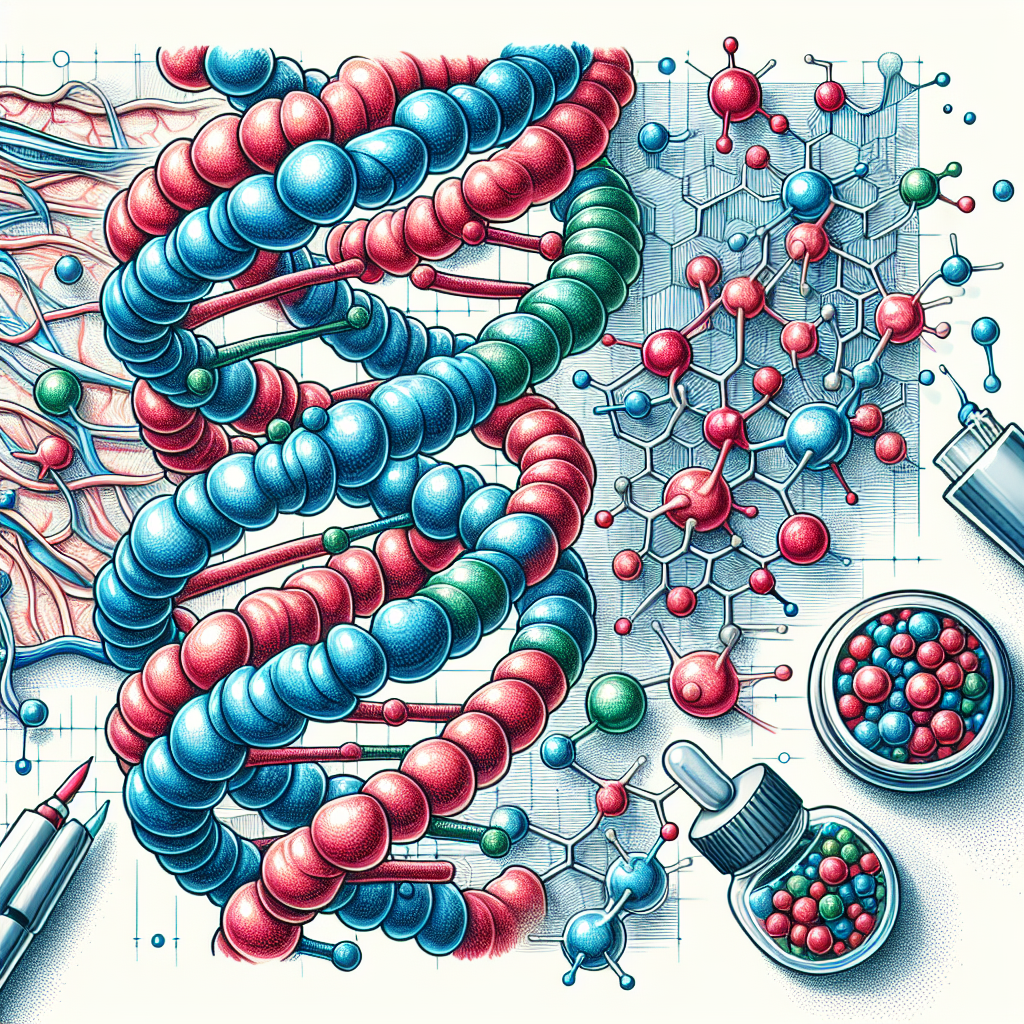Collagen I: The Undercover Culprit in Type 2 Diabetes Progression
Researchers at IIT Bombay have uncovered that collagen I accelerates amylin aggregation, worsening type 2 diabetes. With type 2 diabetes affecting over 500 million globally, their findings highlight collagen's role in damaging insulin-producing cells, urging a re-evaluation of treatment methods. Future research aims to develop new drugs by targeting this interaction.

- Country:
- India
In a groundbreaking discovery, scientists at the Indian Institute of Technology Bombay (IIT Bombay) have identified collagen I, the most abundant protein in the human body, as a significant factor in the development of type 2 diabetes.
The condition, impacting over 500 million people globally, primarily results from inadequate insulin production or reduced cell responsiveness, leading to high blood sugar levels. The study emphasizes collagen's role in accelerating the aggregation of the toxic hormone amylin, which exacerbates diabetes progression.
The research team, collaborating with peers from IIT Kanpur and the Chittaranjan National Cancer Institute, underlines the need for innovative treatment approaches, focusing on disrupting amylin-collagen interactions. This could pave the way for novel drug development and potentially revolutionize diabetes management.
(With inputs from agencies.)
ALSO READ
Senegal Eliminates Trachoma: A Major Milestone in Africa’s Public Health Journey
Biocon Biologics Secures USFDA Nod for Groundbreaking Diabetes Treatment
MCD Initiatives Strengthen City's Public Health and Infrastructure
From tweets to trends: How LLMs are shaping public health intelligence from digital traces
Timor-Leste Declared Malaria-Free: A Historic Public Health Milestone










